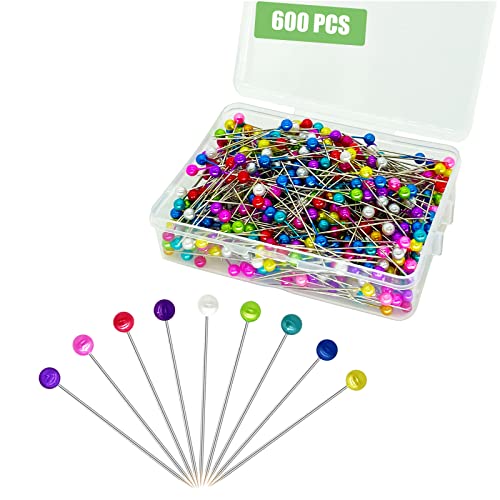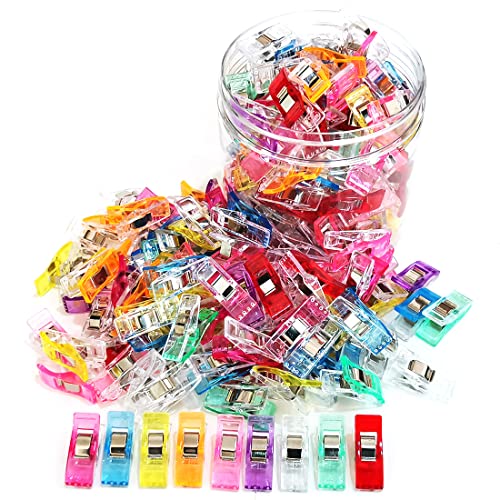Are you someone who loves to sew? Whether you’re a beginner or an experienced seamstress, it’s important to be aware of the materials and components used in your sewing tools. One common question that often arises is whether sewing needles contain nickel. Nickel allergies can cause skin irritation and discomfort, so it’s essential to know if your needles could potentially trigger a reaction. In this article, we’ll explore the presence of nickel in sewing needles and provide you with the information you need to make an informed decision about your sewing supplies.
When it comes to choosing sewing needles, it’s crucial to consider any potential allergens, especially if you have sensitive skin. Nickel is a common metal that can cause allergic reactions in some individuals. If you’re wondering whether sewing needles contain nickel, you’re not alone. Many sewers have concerns about the materials used in their needles and how they may affect their skin. In this article, we’ll delve into the topic of nickel in sewing needles and help you understand the potential risks and alternatives available.
If you’re someone who enjoys sewing and has a nickel allergy, you may be wondering if sewing needles pose a risk to your skin. Nickel allergies can cause uncomfortable symptoms like redness, itching, and irritation. To ensure your sewing experience is both enjoyable and safe, it’s essential to know whether sewing needles contain nickel. In this article, we’ll provide you with the information you need to make an informed decision about your sewing tools. Let’s explore the topic of nickel in sewing needles and discover suitable alternatives if you have a nickel sensitivity.
What is Nickel?
Nickel is a common metal that is often used in various industries, including the manufacturing of sewing needles. It is a hard, silver-white metal that is known for its strength and corrosion resistance. While nickel is widely used and considered safe for most people, it can cause issues for those with nickel allergies.
Nickel allergies occur when the immune system overreacts to the presence of nickel in the body. It is one of the most common causes of allergic contact dermatitis, which is characterized by itchy, red, and irritated skin. If you have a nickel allergy, it’s important to be aware of the potential sources of nickel in your daily life, including your sewing needles.
The presence of nickel in sewing needles can vary depending on the quality and type of needle. Nickel-plated sewing needles, for example, have a thin layer of nickel coating the steel needle. This can increase the strength and durability of the needle, making it suitable for heavy-duty fabrics. However, the nickel coating can potentially cause skin irritation and allergic reactions in individuals with nickel allergies.
If you have a known nickel allergy or have experienced skin irritation from nickel-plated needles in the past, it’s important to consider alternatives. Look for sewing needles that are specifically labeled as nickel-free. These needles are typically made from other materials such as stainless steel, gold-plated metal, or titanium. These materials are less likely to cause allergic reactions and are a safer choice for individuals with sensitive skin.
Nickel is commonly used in sewing needles, particularly in nickel-plated needles. However, if you have a nickel allergy or are prone to skin irritation, it’s important to opt for nickel-free alternatives. By choosing the right sewing needles, you can ensure a comfortable and enjoyable sewing experience without the risk of allergic reactions. So, make sure to check the labeling when purchasing your needles and prioritize your skin’s health.
The Importance of Nickel in Sewing Needles
When it comes to choosing the right sewing needle for your project, there are several factors to consider, including size, material, and point type. But have you ever thought about whether the needle contains nickel? Nickel is a common metal used in sewing needle manufacturing, and it’s essential to be aware of its presence, especially if you have a nickel allergy.
Nickel allergies occur when the immune system overreacts to the presence of nickel in the body, resulting in allergic contact dermatitis. This condition can cause itching, redness, and even blisters on the skin. In some cases, it can be quite uncomfortable and interfere with your sewing experience.
Unfortunately, many sewing needles on the market today are nickel-plated, which means they have a thin layer of nickel coating. While nickel-plated needles are popular due to their durability and smooth surface, they can potentially cause skin irritation and allergic reactions in individuals with nickel allergies.
But don’t worry! There are alternatives available that can help ensure a comfortable sewing experience, even if you have a nickel allergy. One option is to choose nickel-free sewing needles made of stainless steel. Stainless steel needles are widely available and offer excellent strength and corrosion resistance.
If you prefer a touch of elegance in your sewing projects, you can also consider gold-plated metal needles. Gold plating provides a luxurious finish while also preventing direct contact between the nickel and your skin. These needles are suitable for both embroidery and general sewing.
Another alternative to consider is titanium needles. Titanium is a hypoallergenic material that is resistant to corrosion. It is an excellent choice if you have sensitive skin or a known nickel allergy. While titanium needles may be slightly more expensive, they are worth considering if you want to avoid any potential discomfort or allergic reactions.
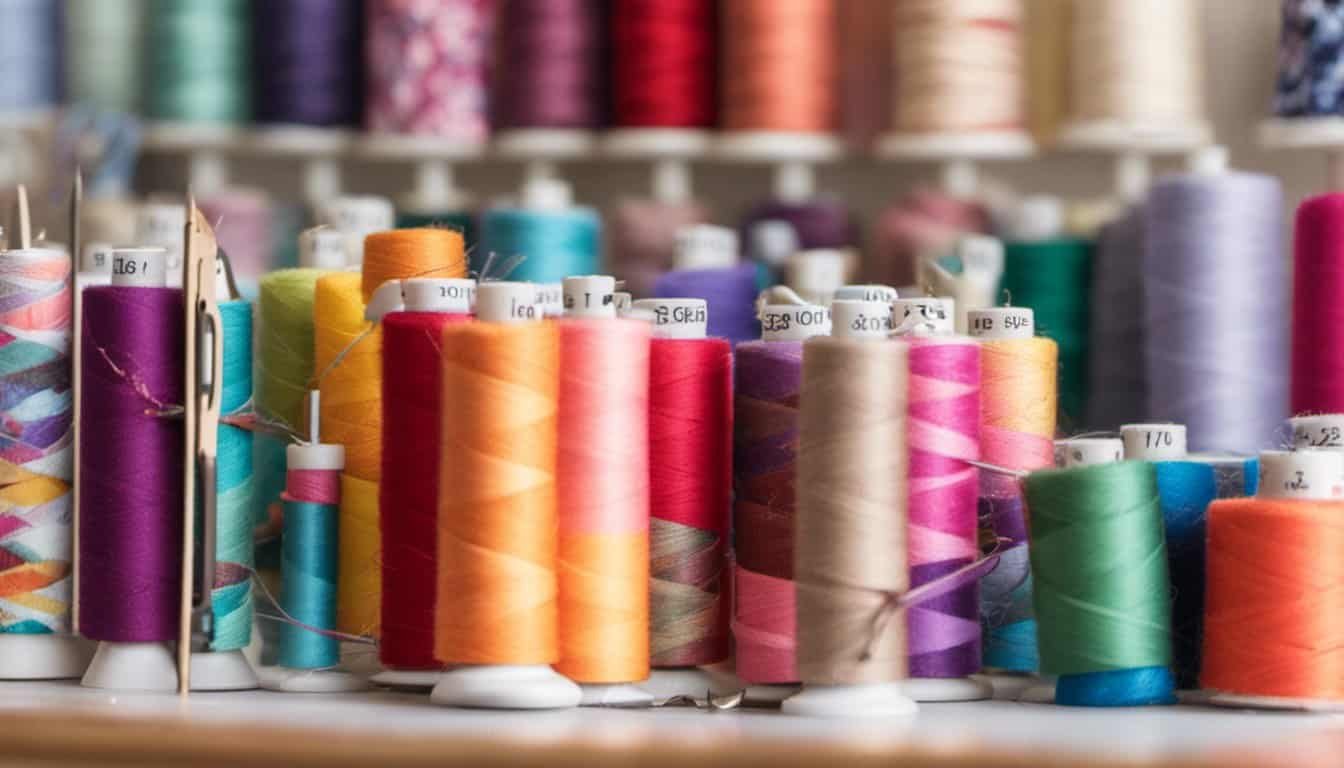
Potential Concerns with Nickel in Sewing Needles
When it comes to the world of sewing, embroidery, knitting, and crafts in general, it’s important to consider the materials you’re working with. One material that often goes unnoticed but can pose potential risks is nickel. Nickel is a common allergen, and it can be found in various everyday items, including sewing needles.
Why is nickel a concern in sewing needles?
For individuals with a nickel allergy, using sewing needles containing nickel can lead to discomfort and even skin irritation. Nickel allergies are quite common, affecting approximately 10-20% of the population. When someone with this allergy comes into contact with nickel, their immune system reacts, causing redness, itching, and sometimes blisters. If you’re someone who loves spending hours working on your latest sewing project, the last thing you want is any kind of discomfort or irritation.
How can you avoid nickel in sewing needles?
The good news is that there are alternatives available for those with nickel allergies. Look for sewing needles that are specifically labeled as “nickel-free” or “hypoallergenic.” These needles are made from materials like stainless steel, gold-plated steel, or titanium, which do not contain nickel. By opting for these types of needles, you can ensure a comfortable and irritation-free sewing experience.
« Discover the Ultimate Showdown: Bernina Sewing Machines Compared – Which Model Will Reign Supreme?
Discover the Surprising Benefits of Learning Sewing: Save Money, Unleash Your Creativity, and Transform Your Wardrobe »
Other things to consider when choosing sewing needles
While nickel allergies are a significant concern, there are other factors to keep in mind when selecting the right sewing needles for your projects. Consider the needle size, the type of needle (such as a ballpoint needle for knit fabrics), and the brand reputation for high-quality needles. Taking these factors into account will contribute to seamless stitches and an enjoyable crafting experience.
Remember, it’s always essential to be mindful of potential allergens and choose materials that are safe for your skin. By opting for nickel-free or hypoallergenic sewing needles, you can continue pursuing your creative passion without any worries or discomfort.
Are Sewing Needles Made of Nickel?
When it comes to sewing, it’s important to consider the materials you’re working with, both in terms of fabrics and tools. If you have a nickel allergy, you might be wondering if sewing needles contain this metal. Let’s dive into the topic and address this common concern.
Nickel is a common allergen: It is estimated that around 10-20% of the population is allergic to nickel. The symptoms of a nickel allergy can range from mild irritation to severe skin reactions such as redness, itching, or even blisters. If you’re one of those who are sensitive to nickel, it’s crucial to pay attention to the materials you use in your sewing projects.
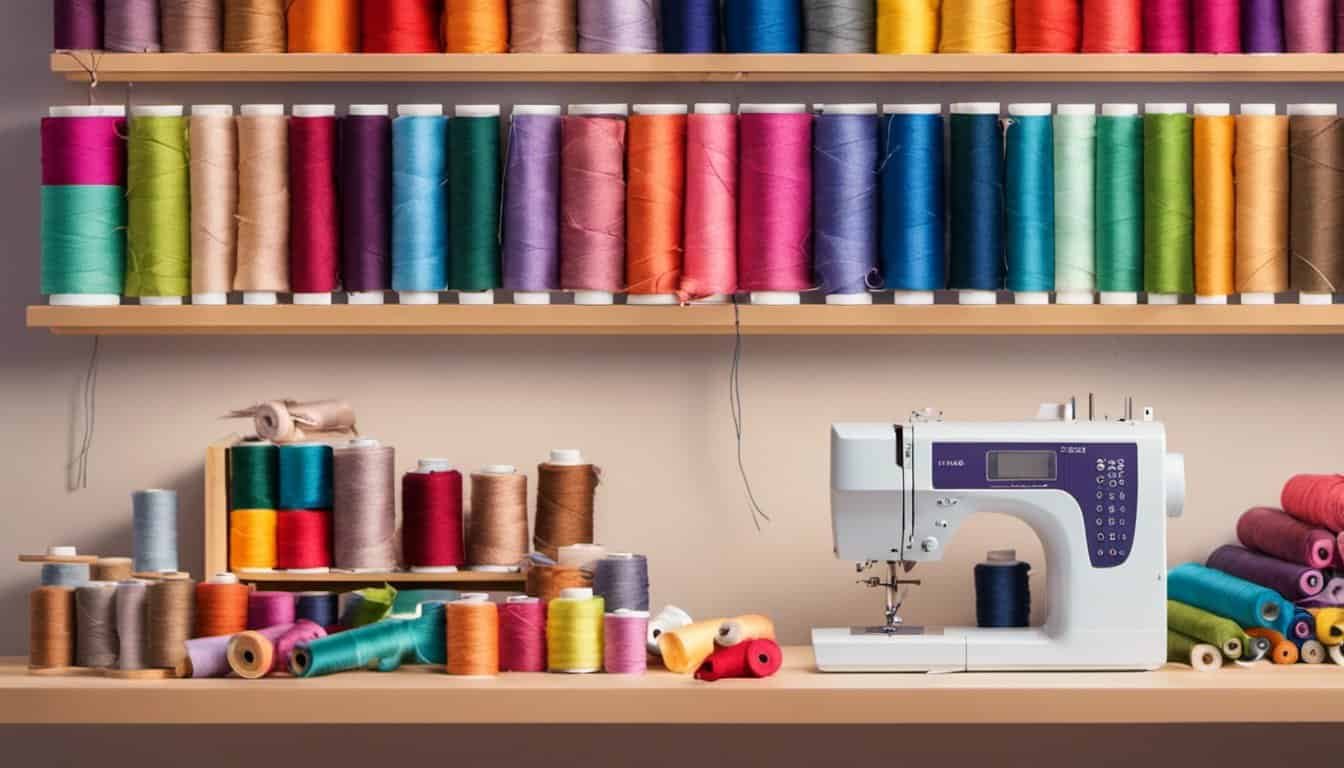
Some sewing needles contain nickel: While not all sewing needles contain nickel, some do. Nickel is commonly used as a coating or plating on steel needles to make them smoother and more durable. This can be problematic for individuals with nickel allergies, as the direct contact between their skin and the nickel-coated needle can cause a reaction.
Consider nickel-free alternatives: If you have a nickel allergy, don’t worry! There are plenty of nickel-free sewing needles available. Look for needles made from materials such as titanium, ceramic, or gold-plated. These alternatives offer a great solution for sensitive skin, ensuring that you can work on your sewing projects without any discomfort.
Other factors to consider when selecting sewing needles: While the presence of nickel is an important consideration for those with allergies, there are other factors to bear in mind when choosing sewing needles. These include the size of the needle, which affects the fabric you’re working with, and the type of needle, such as sharps, ballpoint, or embroidery needles. Additionally, it’s always a good idea to select trusted brands known for their high-quality and durability.
The Allergy Factor: Nickel Allergies and Sewing Needles
If you have a nickel allergy, it’s important to be cautious when selecting sewing needles. Nickel is a common allergen that can cause skin irritation and rashes. While not all sewing needles contain nickel, some do have a coating or plating that contains this allergen. This can pose a risk for individuals with sensitivities.
When it comes to sewing with nickel allergies, the key is to choose the right needles that won’t trigger a reaction. Here are a few things to consider:
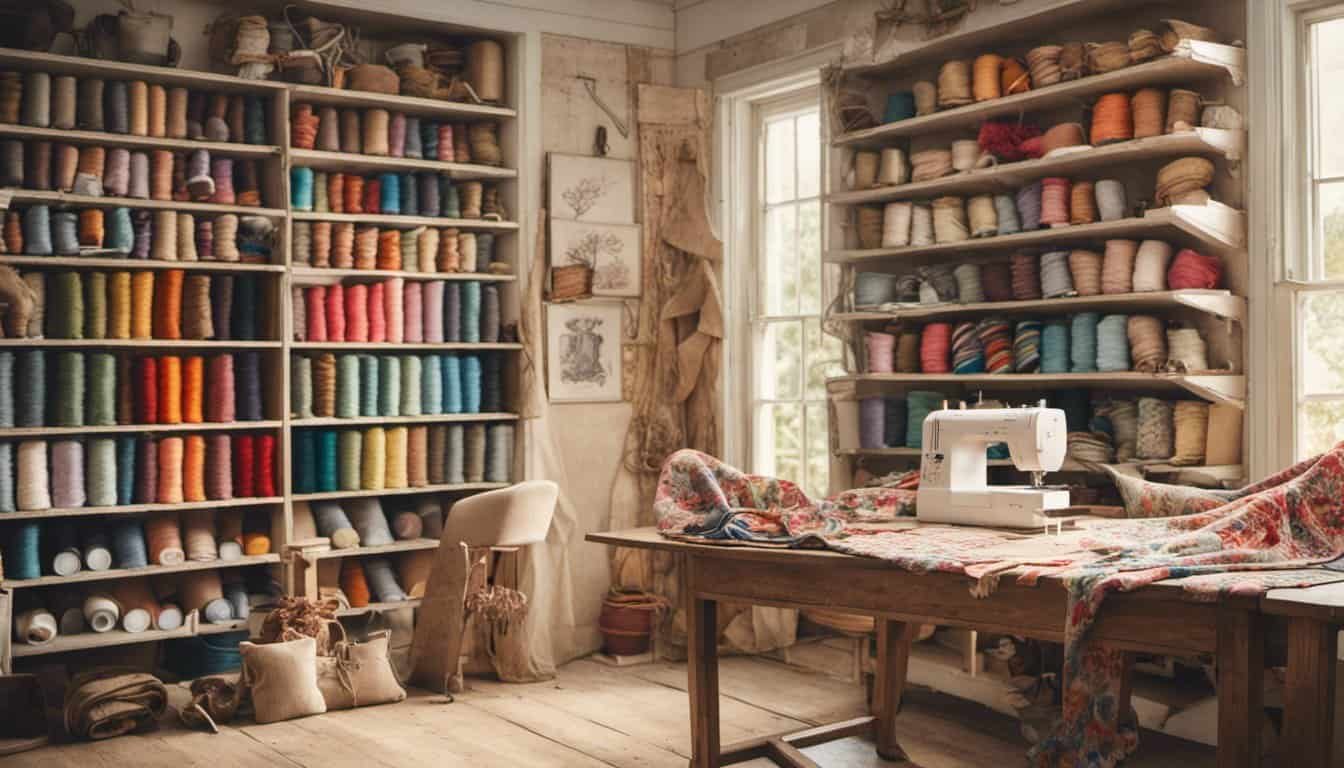
Nickel-Free Alternatives
Fortunately, there are needle options available for those with nickel allergies. Consider trying nickel-free alternatives such as titanium, ceramic, or gold-plated needles. These materials provide a safe and hypoallergenic option for individuals with sensitive skin. Nickel-free needles can help you continue sewing without worrying about an allergic reaction.
Size and Type of Needles
In addition to considering the allergen factor, it’s important to choose the right size and type of needle for your projects. Needle size can affect the quality of your stitches, so make sure to choose the appropriate size for the fabric and thread you’re using. Also, different types of needles are designed for specific tasks. For example, embroidery needles have larger eyes to accommodate thicker threads, while sharps are ideal for general sewing.
Brand Reputation
When it comes to sewing supplies, it’s always wise to choose reputable brands that prioritize quality and safety. Check for needle brands that are known for their attention to detail and commitment to customer satisfaction. Reading reviews and getting recommendations from fellow sewers can also help you make an informed decision.
Remember, when dealing with allergies, it’s important to listen to your body and take the necessary precautions. By choosing the right sewing needles and materials, you can continue to pursue your passion for sewing without the worry of allergic reactions.
Nickel-Free Alternatives for Sewing Needles
When it comes to sewing, embroidery, knitting, and other crafts, using the right tools is essential for a successful project. For individuals with nickel allergies, it’s important to consider potential allergens when choosing sewing needles. Nickel is a common metal used in the manufacturing of needles, and it can cause skin irritation and allergic reactions.
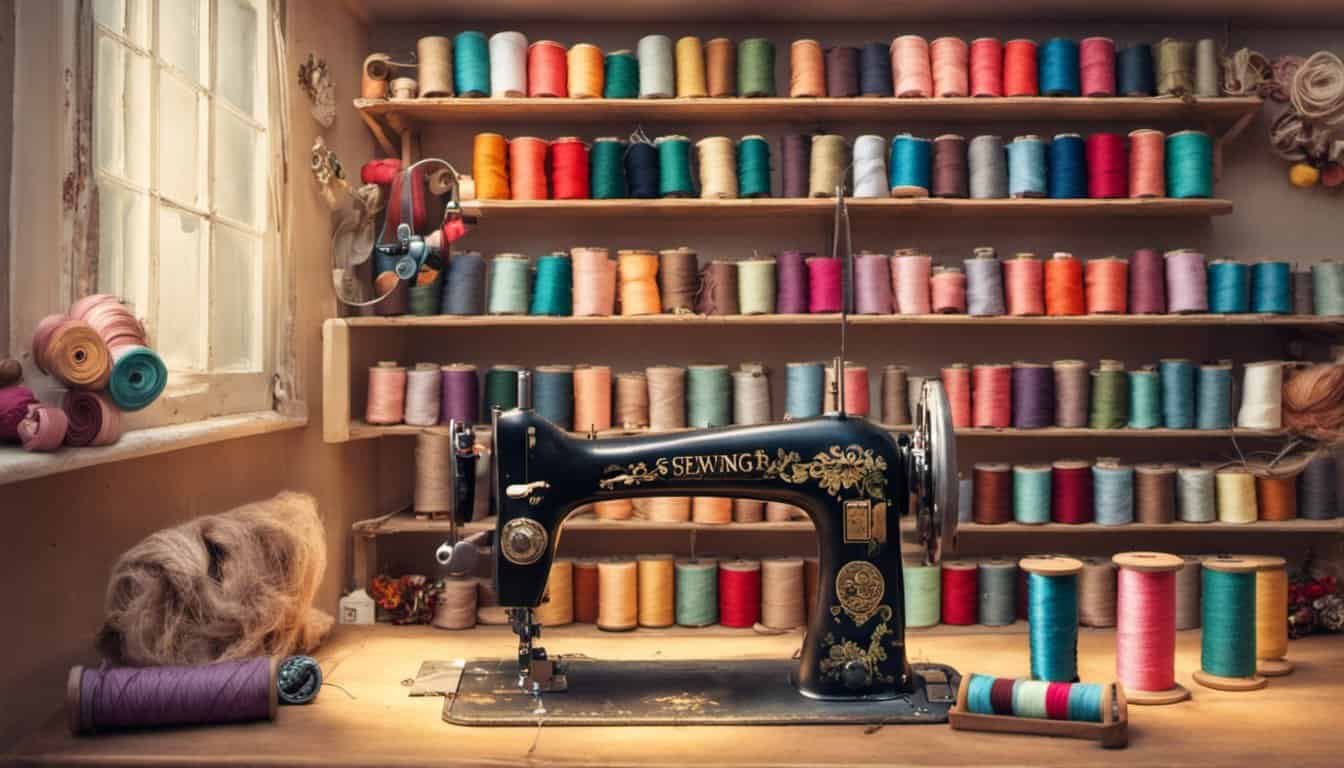
Luckily, there are nickel-free alternatives available that can allow you to continue your sewing projects without any discomfort. Here are a few options to consider:
- Stainless Steel Needles: Stainless steel is a popular choice for those with nickel allergies as it is typically free from nickel. It is a durable and versatile material that can be used for various sewing projects. Look for needles specifically labeled as “nickel-free” or “hypoallergenic” to ensure they are suitable for your needs.
- Gold-Plated Needles: Gold-plated needles are another great option for those with sensitive skin or nickel allergies. The gold plating creates a barrier between your skin and the metal, reducing the risk of an allergic reaction. These needles are not only functional but also add a touch of luxury to your crafting experience.
- Titanium-Coated Needles: Titanium-coated needles are a newer option in the market that offer excellent resistance to corrosion and provide a smooth sewing experience. Titanium is generally considered hypoallergenic, making these needles a suitable choice for individuals with nickel allergies.
Remember, it’s important to do your research and choose needles from reputable brands that prioritize the safety and comfort of their customers. Always read product labels, descriptions, and customer reviews to ensure that the needles you purchase are indeed nickel-free.
By opting for nickel-free sewing needles, you can enjoy your favorite crafts without worrying about skin irritation or allergic reactions. Whether you’re stitching a delicate embroidery design or creating a masterpiece with fabric, these alternatives will help make your crafting experience enjoyable and comfortable.
Conclusion
Now that you’re aware of the potential risks of using sewing needles that contain nickel, it’s important to prioritize your safety and comfort when choosing your sewing supplies. By considering alternatives such as stainless steel needles, gold-plated needles, or titanium-coated needles, you can minimize the risk of triggering allergies or skin sensitivities. Remember to always read product labels and customer reviews to ensure that you’re purchasing needles from reputable brands that prioritize quality and safety. By taking these precautions, you can enjoy a safe and enjoyable sewing experience without worrying about any adverse reactions. So, go ahead and make informed decisions about your sewing needles to create beautiful projects with peace of mind. Happy sewing!






